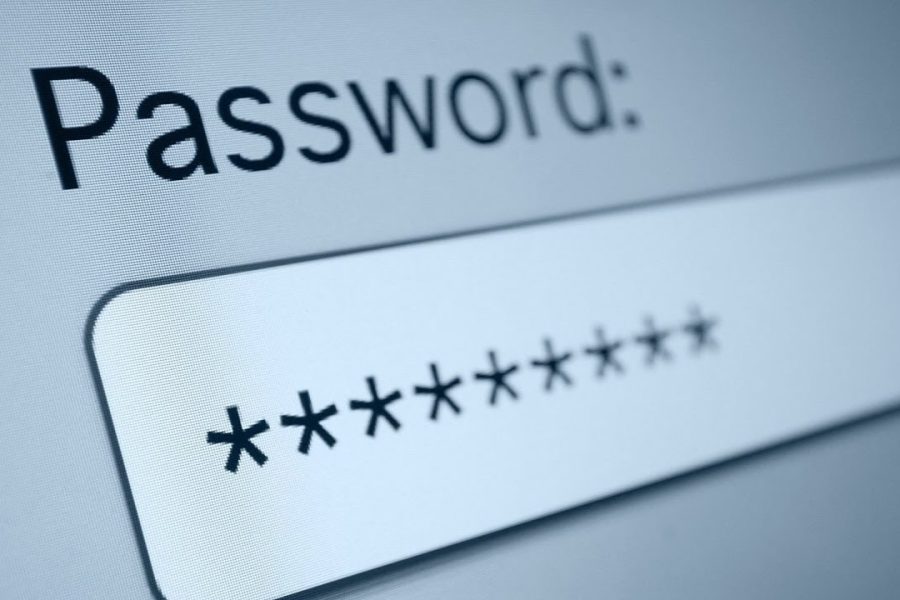Century after century, millennium after millennium, one thing in this world remains unchanged. The desire of some people to get rich at the expense of others. Only the methods of dishonestly extorting money change, they keep pace with, and sometimes even outpace, technical progress.
At the same time, fraudsters actively use psychological techniques, which can be seen in the example of the most common scams in 2024-2025.
10. Receive your winnings
An old but still effective scheme to scam gullible people out of money. A person receives a paper or email letter with good news: he has won a valuable prize. All he needs to do is pay for its postage.
Once the delivery fee has been transferred to the specified account or phone number, the “lucky winner” will have to wait a lifetime for the promised prize.
9. Call from the director
The essence of this scam is that your boss (supposedly) calls you and asks you to urgently pay for some service or transfer part of the daily earnings to an electronic wallet.
The easiest way to stop this kind of fraud at its very beginning is to ask the “director” what his name is.
8. Social worker rushes to help
This popular fraud in Russia is aimed primarily at the elderly, large families, in a word, those who receive social support from the state.
Fraudsters call, posing as a social worker, and ask to provide a card number for the transfer of some benefit. Then it is a "matter of technique" - it is not difficult for fraudsters to obtain the full name and even the expiration date of the card. Having obtained the desired information, they withdraw money from the card (for example, by making purchases on sites that do not require entering CVV and SecureCode).
7. Friend, give me money!
By hacking an account on VKontakte, Odnoklassniki, or another popular social network, as well as messengers such as Skype, attackers gain access to their victim’s list of friends.
And then they start sending out requests for financial assistance (the amount depends only on the scammers' appetites). Many are ready to lend a helping hand to a friend in trouble, not suspecting that on the other side of the screen there is a completely different person.
If you receive a message like this, before you transfer money, ask your friend about a fact from his or her biography, or something that only you and he (or she) know.
6. Fake websites
Such resources are disguised as real sites selling electronic tickets to movies, airline tickets, concerts of various performers, etc. After purchase, the ticket either does not arrive by mail, or arrives, but upon entering the hall it is scanned and recognized as fake.
To avoid falling victim to this widespread fraud, buy tickets only on the websites of official ticket agencies (their names can be found on the event posters) or on the website of the event organizer. You cannot buy electronic tickets on bulletin boards or social networks.
Before buying an electronic ticket, enter the corresponding request into the search engine, and pay attention to the sites that are located just below the "Advertisement" frame. These sites are the most popular and in demand, and therefore the most reliable.
5. I take it without looking
Another popular type of fraud in Russia is related to bank cards. Fraudsters are ready to buy the goods at the price offered by the buyer, and even without an initial inspection. All that is required from the seller is to provide the card number to which the money will be transferred.
4. I remove, damage
This type of scam is designed for superstitious citizens who are afraid of damage and the evil eye. Fraudsters offer them to buy miraculous amulets that protect against harmful influences.
By the way, during the Covid-19 epidemic, one of the hottest items on Avito was a coronavirus amulet that creates an invisible magical aura around its wearer, which has a detrimental effect on the infection. And at the same time, on the financial well-being of its owner.
3. We compensate for everything!
The essence of this scam is that a certain "representative of government agencies" promises to compensate a decent citizen for the purchase of a low-quality product (for example, medicine). However, in order to make a compensation, you must first pay a fee.
2. A relative in trouble
One of the most common tricks of scammers is playing on family feelings. Imagine that a person "from the authorities" calls you and tells you that your son, daughter or other relative was in a traffic accident where there was a victim, or committed another illegal act. He may face prison, and it is necessary to urgently "settle the matter", naturally, not for free. What would you do?
Surprisingly, many people who encountered this type of fraud were so shocked that they did not even think to call their relative back to clarify whether he or she was really in trouble. This is the effect that the scammers are counting on; they push the victim to give up the money as quickly as possible before they come to their senses and start thinking logically.
1. Your bank card is blocked and your account is closed
The most common scam method in Russia is a scheme using social engineering. Fraudsters use databases that have “leaked” from large banks.
- They call the victim, introducing themselves as a bank security officer (while conversations are heard in the background, creating the impression of a bank call center working) and inform that the client’s bank card has been blocked.
- Another option is that a dubious operation was carried out on it.
- Another, less common type of lie is a message about closing a bank account allegedly at the request of the user himself and an offer to choose which bank branch to do this at.
To unblock the card or cancel the transaction, the scammers ask to provide a code that will be sent via SMS (this will give them access to the victim's online bank) or to provide the full card number, its expiration date and CVV code. Sometimes they offer to install an application that will supposedly protect the smartphone from theft of personal data or transfer money to a "safe account".
The simplest and best thing to do in such a situation is to hang up, regardless of all the arguments of the "security guard", and call the bank's hotline yourself. And find out whether you really received a call from a banking institution, or whether it was a scam.














Оставить Комментарий